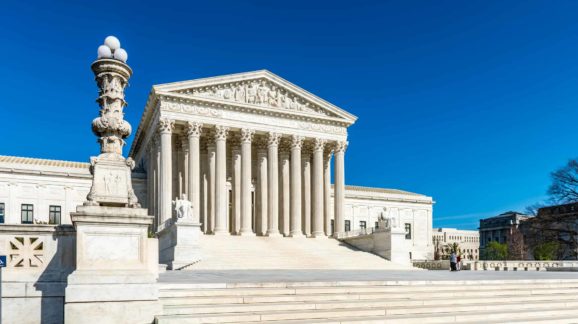In Gundy Case, Supreme Court Postpones Fight over Congressional Accountability to Another Day

Today, the U.S. Supreme Court ruled in an important case concerning what powers Congress can delegate to executive branch agencies – effectively postponing a big decision to another time. CEI submitted an amicus brief in the case urging the court to adhere to limits on such delegation.
In response to today’s Supreme Court ruling in Gundy v. United States, Competitive Enterprise Institute attorney Devin Watkins said:
“It is unfair and unjust to citizens to be ruled by unaccountable bureaucrats instead of their elected representatives. The court in Gundy v. U.S. should have set clear limits to the authority of unelected bureaucrats to write laws. Instead, the court effectively postponed deciding that question for now.”
This case focused on the nondelegation doctrine, which prohibits Congress from transferring its legislative power to another branch of government, in this case the executive branch.
Today’s 5-3 decision sustained lower court rulings rejecting the argument that Congress unconstitutionally delegated legislative power when it authorized the U.S. Attorney General to determine whether, and how, a 2006 law requiring sex offender registration applied to people convicted before it was enacted.
Most significantly, Justice Alito agreed to affirm the lower court judgment based on court past practice but refused to join the opinion affirming the justification of not fully enforcing the nondelegation doctrine – meaning there is no majority opinion on why it should be affirmed.
Justices Gorsuch, Roberts, and Thomas dissented, and Justice Kavanaugh did not participate.
CEI’s amicus brief argued that “deciding which rules will govern Mr. Gundy’s conduct is the sole province of this nation’s legislature, not the Attorney General” and noted this important principle has deep roots in English common law.
Related CEI amicus brief in Gundy v. U.S.
Related analysis: Can DOJ Define the Crimes It Prosecutes? The Court Must Decide.